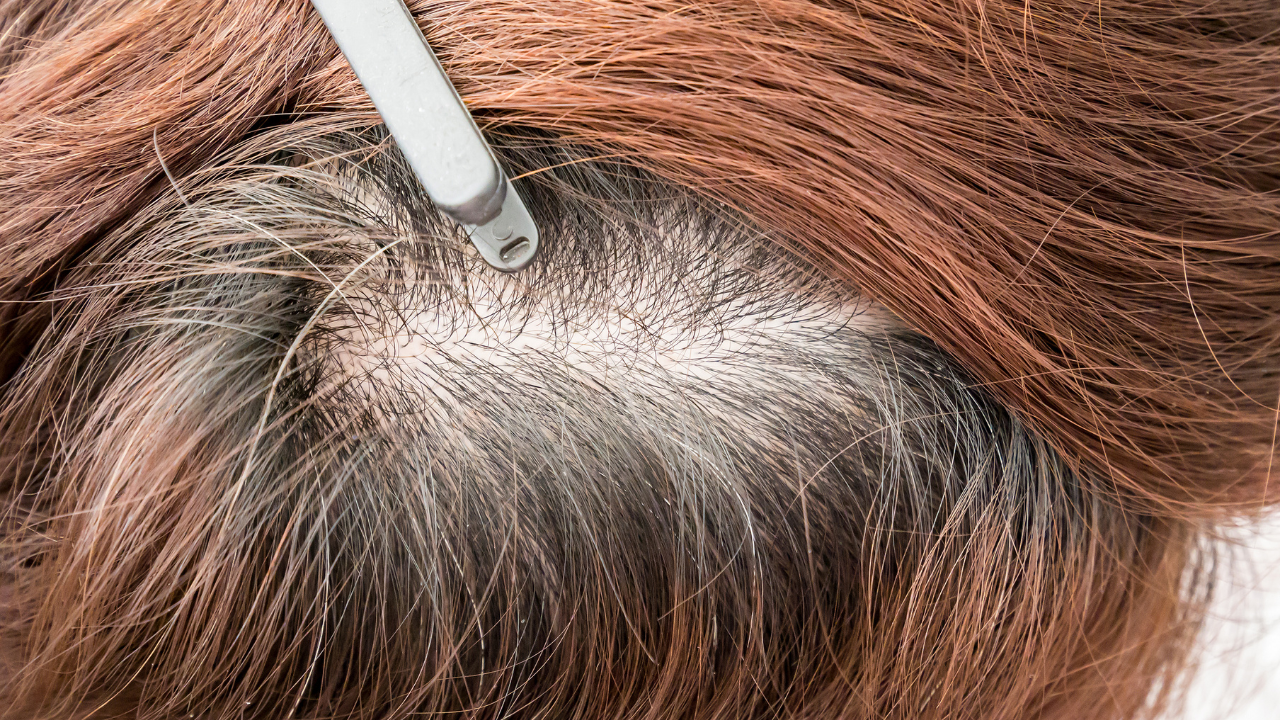Itchiness During Menopause
Persistent itchiness, also known as pruritus, is a common but frustrating symptom of menopause. Many women experience increased skin sensitivity, dryness, or tingling sensations due to hormonal changes.
At Evolve Telemedicine, we provide personalized treatment plans, including Hormone Replacement Therapy (HRT), to help restore skin health and reduce menopause-related itchiness.
What Causes Itchiness During Menopause?
Menopause-related itchiness is primarily caused by declining estrogen levels, which play a key role in maintaining skin hydration and elasticity. As estrogen decreases, the skin becomes drier, thinner, and more prone to irritation.
Key Contributing Factors:
- Hormonal Imbalances: Lower estrogen reduces the skin’s ability to retain moisture.
- Decreased Collagen Production: Thinning skin leads to increased sensitivity and itchiness.
- Dry Skin: Less oil production results in a weakened skin barrier, making the skin more prone to irritation.
- Nerve Sensitivity Changes: Some women experience tingling or a crawling sensation, known as formication, due to menopause-related nerve changes.
- Environmental & Lifestyle Triggers: Harsh soaps, hot showers, and dehydration can exacerbate symptoms.

How Common Is Itchiness During Menopause?
Itchy skin is a very common symptom experienced by menopausal women, with estimates suggesting that up to 64% or more report some degree of skin discomfort. This is primarily due to the decline in estrogen levels, which impacts collagen production and skin moisture, leading to dryness and increased sensitivity. Itchiness can occur on any part of the body and is often linked to other menopausal symptoms such as hot flashes, night sweats, and mood swings.
Did you Know?
Estrogen deficiency can lead to various skin issues, including dryness, wrinkles, and poor wound healing. Additionally, stress and anxiety can trigger histamine release, further contributing to itching. Managing estrogen levels through treatments like HRT can help improve skin hydration and elasticity, reducing discomfort.
Signs and Challenges of Menopause-Related Itchiness
- Persistent Dryness: Skin feels tight, flaky, or rough.
- Tingling or Crawling Sensation: Some women report a “pins and needles” or prickling feeling.
- Localized or Widespread Itching: Can affect the face, arms, legs, or even the scalp.
- Increased Sensitivity: Skin reacts more to fabrics, soaps, or temperature changes.


Tips for Managing Itchiness During Menopause
- Moisturize Daily: Use fragrance-free lotions with ceramides and hyaluronic acid.
- Avoid Hot Showers: Lukewarm water helps retain skin moisture.
- Choose Gentle Skincare: Use mild, non-soap cleansers and avoid alcohol-based products.
- Stay Hydrated: Drink plenty of water to support skin hydration.
- Wear Soft Fabrics: Cotton and silk are less irritating than wool or synthetic materials.
Can Hormone Replacement Therapy (HRT) Help?
Yes, HRT can be an effective way to relieve menopause-related itchiness by replenishing estrogen levels, helping the skin retain moisture and elasticity.
Benefits of HRT for Itchiness:
- Restores hydration by improving skin barrier function.
- Reduces collagen loss, improving skin elasticity.
- Helps alleviate nerve-related itchiness and tingling sensations.
At Evolve Telemedicine, we offer personalized HRT plans tailored to your specific needs, ensuring effective relief from menopause-related skin discomfort.

FAQs About Itchiness and Menopause

Estrogen plays a crucial role in skin hydration and elasticity. As levels drop, skin becomes drier and more sensitive, leading to itchiness.
Yes! Omega-3 fatty acids, antioxidants, and vitamin C can support skin hydration and elasticity.
It varies, but many women experience improvement after finding the right skincare routine or HRT treatment.
Yes, HRT restores estrogen levels, which helps improve moisture retention and skin health.
We offer personalized treatment plans, including HRT and lifestyle recommendations, to help manage menopause-related itchiness and skin discomfort.
Take Control of Skin Health Today
Menopause-related itchiness doesn’t have to disrupt your daily life. Evolve Telemedicine provides expert guidance and personalized treatments to help you restore skin hydration and comfort.

